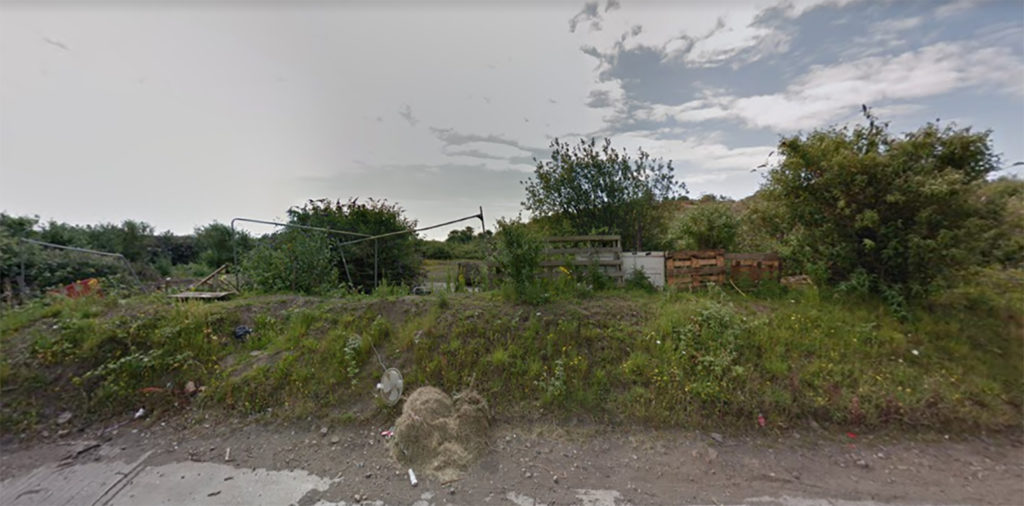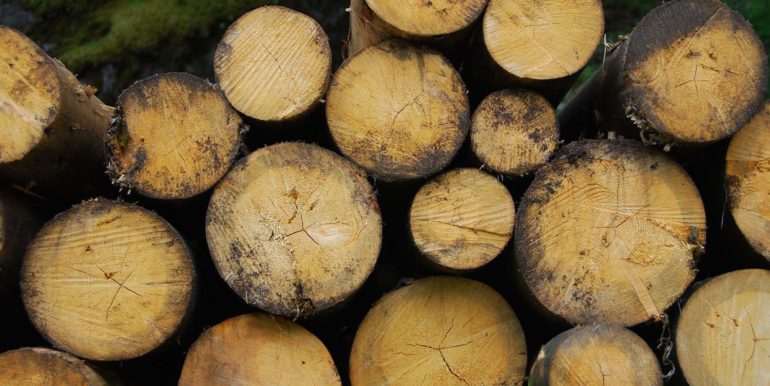Politicians and a petition signed by 650 people are objecting to the plan

A DECISION on plans for the development of a biomass power plant in Splott is due to be made by Cardiff councillors tomorrow.
The plant, which is due to be built on Rover Way, has faced objections from all three Splott councillors, Cardiff South and Penarth MP Stephen Doughty and MS Vaughan Gething.
Over 650 people have also objected via a petition created by Gareth Ludkin and Friends of The Earth Cardiff.
The plans appear likely to go ahead as the decision is regarding the renewal of a previous planning application which was accepted by the planning committee in June 2018.
However, the plant has still not been built and the new application requests a three year extension in order to acquire an environmental permit and approval of the highways authority.
The power plant is being developed by Parc Calon Gwyrdd Limited and will produce 9.5MW of electricity and thermal energy. This will be used locally and in industrial accommodation built alongside the plant, which is likely to be powered through burning imported virgin wood.
Cardiff Council regard biomass as a renewable energy source and the UK government provide financial incentives for developers of biomass power plants through the Non-Domestic Renewable Heat Incentive scheme.
However, biomass plants remain controversial as unlike other renewable sources they create CO2 emissions which contribute to climate change.
Many organisations including the RSPB and the Leonardo DiCaprio Foundation have also questioned the sustainability of importing wood for use in biomass power plants.
Air quality is already an issue for residents in Splott, where there is already one incinerator and an application for another nearby at Wentloog.
“The data does not exist to state that three incinerators can operate safely in such a small area,” said Cardiff South and Penarth MP Stephen Doughty.
Air Quality Consultants Ltd said in 2017 that: “The main air pollutants of concern related to the biomass CHP emissions are nitrogen oxides and nitrogen dioxide (NOx and NO2) and fine particulate matter (PM10 and PM2.5)”. However, they judged that the emissions of the Rover Way plant would be insignificant.
However, Friends of the Earth Cardiff and other objectors argue that the power plant will contribute to climate change globally and air pollution locally, contradicting Cardiff Council’s carbon emission and air quality goals.
“The renewal of this outline planning permission to build a wood-burning biomass incinerator will put the health of local residents at risk and fails to tackle the climate emergency which Cardiff Council and Welsh Government have announced and are resolved to fight against,” says Mr Ludkin in his petition against the power plant.
In an objection statement Friends of the Earth Cardiff said that they were “deeply concerned that there has been no monitoring of small particulates (PM10 and PM2.5) in the locality, despite the nearby steel works, the existing waste incinerator, and the proposal for a second in Wentloog as well as the proximity of the site to residents”.
The plant is due to be built approximately 650m from a traveller community, who Mr Ludkin said objected to the plant as some residents have disabilities including respiratory issues.
Mr Ludkin explained that renewal of applications do not generally require permission from the planning committee, but due to the large amount of objections the decision has to be revisited.
The petition, which will remain live, can be found at: https://actionnetwork.org/petitions/reject-planning-permission-for-a-wood-burning-biomass-plant-in-splott-cardiff?source=twitter&
What is biomass?
Biomass power plants burn fuel such as straw and wood to create electricity and thermal energy.
It is claimed to be a renewable energy source if biomass fuels are renewed by replanting more crops/trees, which requires the fuel to be sourced sustainably. Biomass also produces less nitrogen than burning coal.
However, it is controversial as the burning process still releases carbon dioxide, which contributes to global warming.
It also requires a lot of space to plant biomass crops. The most common source of biomass fuel is wood chips/pellets, resulting in a large amount of deforestation.
This is problematic when done unsustainably, and these issues are not present in other forms of renewable energy such as wind and solar energy.



